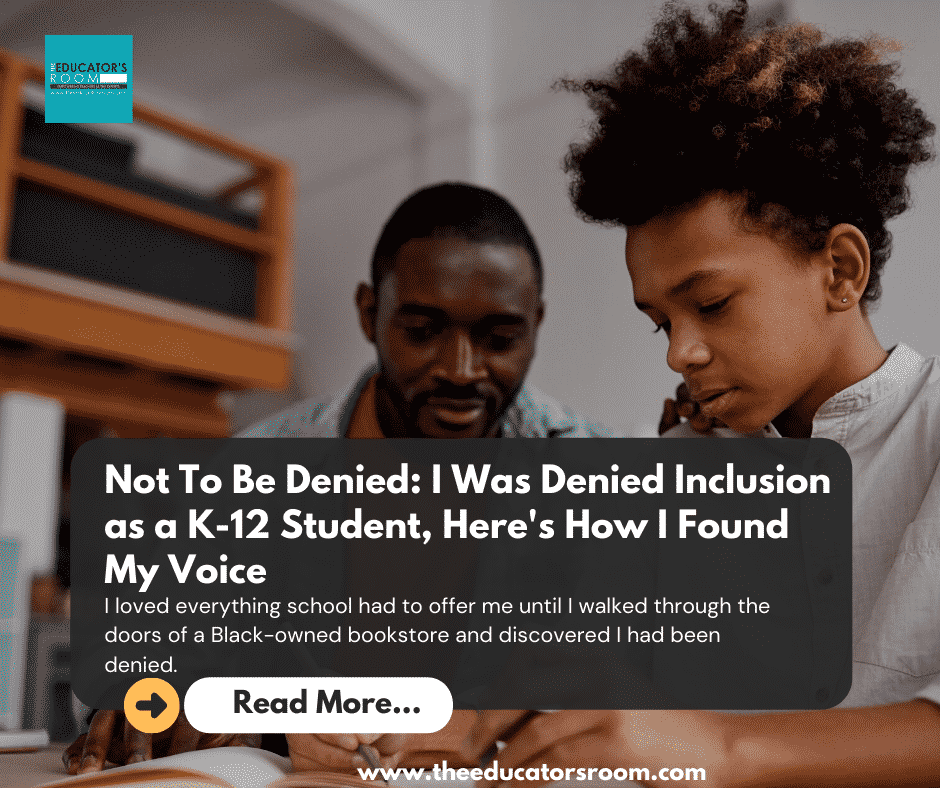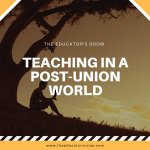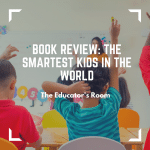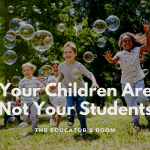I loved everything school had to offer me until I walked through the doors of a Black-owned bookstore and discovered I had been denied. From kindergarten to college, I had been denied of who I am and who I could become.
It was my last year in college when a professor from my African Thought class directed his students to Eso Won Books in the heart of the Black community in Los Angeles. It was there that we could purchase a required text not available on campus. Upon arriving, I immediately sensed the depth of my Blackness. The shelves were filled with the stories and perspectives of my people. I was surrounded by the creativity and history of people who looked like my father who died when I was only 11 years old. The space called for reverence of Black representation, relevance, resilience, and resolve.
As I slowly walked among the thousands of pages holding pieces of me that I didn’t know, I felt awe knowing that two Black men, who symbolically reflected my father, were providing a gateway for my self-discovery. Somehow, I knew that in these books I would find answers I unknowingly had been seeking most of my life. Finally, there would be answers that my father had a shortened time to provide and my Japanese mother couldn’t offer. I understood that the learning, belonging, and empowerment in these books would validate my existence and worth.
Then I realized that I had believed in the schools I attended. I trusted that school would afford me all these experiences. The betrayal instantly took root.
Year after year, teachers taught me about Martin Luther King, Jr., Rosa Parks, and Harriet Tubman. They told me about “the” Black writer, Langston Hughes as if he were the only one. Textbooks reminded me annually that I came not from the “enslaved” but slaves. This small bookstore proved I have been lied to by the very people who were trained to teach children to reach their greatest potential. The whitewashing of history and the systemic marginalizing of Blackness made even my most well-intentioned teachers unwittingly deprive me of identity-shaping truths.
This pivotal moment continues to inform my life decisions. It is why I in the 1990s mentored youth in South Central Los Angeles to offer a vision of possibilities. I remember how I shuddered with anger and disbelief when an 8th grader I was tutoring only had a book with yellowing pages published in the 1940s to write a report on slavery. She was living the betrayal that I was determined to disrupt.
It is why I organized a community group for Black stay-at-home mothers and their children for collective support and the reason I parented my sons purposefully to fill the voids that school would inevitably create. The entire library of books in our home only contained Black humanness. Though some confused my intentions for prejudice, I remained steadfast in knowing this carefully cultivated collection of Black representation affirmed my sons in a way America would not.
My intentionality transferred into the classroom through my commitment to normalize inclusion and belonging. This meant purchasing books and creating lessons that mirrored the significance of my students not just for representation but for cultural and historical relevance. For example, it wasn’t enough for my students to read in textbooks that enslaved people (after a lesson on slave and enslaved) were not permitted to read. We explored why reading was made illegal. What would enslaved people gain from reading? How could reading impact our view of ourselves and the world? From this history, students gained an understanding of the power of possibility offered by the written word.
The life-shaping epiphany in Eso Won Books so many years ago led me to local Black-owned bookstores in all the places I’ve lived since then. Marcus Books in Oakland, Ethnic Notions in Vallejo, and Nubian Books in Morrow, GA, kept me tethered to my history and origins.
In essence, I am not an educator because I planned to become one. I am an educator because I chose to reclaim my identity and planned to ensure children would not be denied. Educational leadership chose me because I aim to be a representation of Black relevance and to build on the resilience of Black history. I find resolve when students experience learning in a way that validates their worth and being.

Tina Starks (Twitter: @TinaR_Starks) is an educational designer for Student Achievement Partners aimed at humanizing education. She is also a 2021-22 Teach Plus California Policy Senior Fellow.





